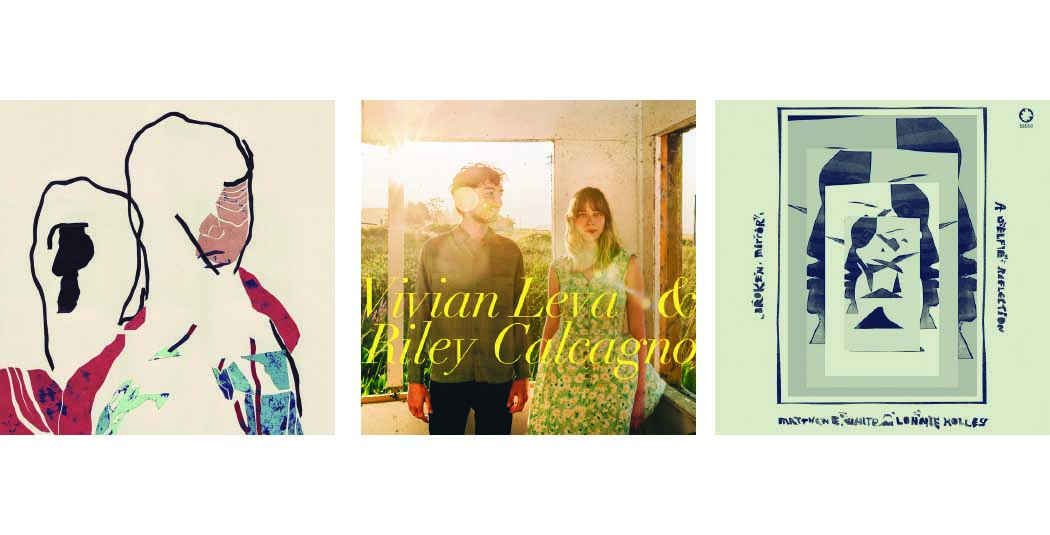Matthew E. White & Lonnie Holley
Broken Mirror, A Selfie Reflection
Spacebomb/Jagjaguwar
For his latest solo effort, the mastermind behind Richmond’s Spacebomb Records has teamed up with 70-year-old Alabama singer Lonnie Holley. Before pursuing music, Holley was known for his work as a visual artist, crafting sculptures and environments from found objects. When Matthew E. White asked Holley to write and sing across a batch of instrumentals that he had recorded with the Spacebomb house band, Holley applied the same artistic aesthetic to the project. Comprised of five extended “compositions,” Broken Mirror, A Selfie Reflection is an indulgent, dreamlike amalgam of sound and imagery that serves as a commentary on life in the digital era. The title track, “Broken Mirror (A Selfie Reflection)/Composition 9,” is a 10-minute romp of chants and synth layers that draws on cultural tropes like “mirror, mirror on the wall,” and the threat of “seven years of bad luck,” as the narrator stares at his own image on a cell phone. This record isn’t a casual listen, but rather, a thought-provoking one that manages to be entirely futuristic while remaining rooted in the present. (Released April 9)
Vivian Leva & Riley Calcagno
Vivian Leva & Riley Calcagno
Free Dirt Records
Born and raised in Lexington, Virginia, Vivian Leva had a vast musical training ground right at home: Her parents are veteran old-time musicians who have been performing for over a decade as Jones & Leva. Alongside her mom, Leva brought the sounds of the Blue Ridge Mountains to Washington state as a workshop teacher in the summer of 2016. There, she met Riley Calcagno, a member of the string band The Onlies. They forged a musical partnership, and Calcagno contributed to Leva’s 2018 debut, Time Is Everything. Now, the duo has released its first proper full-length, a beautiful integration of indie-folk, mountain music, and classic country. The pair’s pure harmonies unfurl over virtuosic finger-picking, as they tackle themes of heartbreak (“Will You”), the sublime (“Love and Chains”), and loneliness (“Biding All My Time”). Leva and Calcagno are more than the sum of their parts, and while they currently reside in Portland, Oregon, their self-titled disc is pure Appalachia. (Released March 12)
Stray Fossa
With You For Ever
Nice Guys Records
Brothers Nick and Will Evans grew up in southern Tennessee, and along with childhood friend Zach Blount, they wrote songs and played in bands together throughout high school. The trio went their separate ways for college, but after graduate stints across the globe in Berlin and the U.K., they reformed as Stray Fossa in Charlottesville in 2018. (Will had attended undergrad at the University of Virginia, and Charlottesville’s burgeoning music scene seemed like a good place to kick-start their musical pursuits.) The group built a studio in an attic, where the guys recorded a handful of EPs as well as their full-length debut, With You For Ever. Written in the beginning stages of the pandemic, the album not only reflects the surreal aspects of a global health crisis and social isolation, but also brims with nostalgia, offering a joyous and hopeful reprieve of shimmery dream pop. Standout track “Bright Ahead” boasts a maturation in sound from the band’s early work, while highlights like “Orange Days’’ take a wistful look in the rearview. With You For Ever is a collection to get lost in, washing over the listener in a wave of keys, steady percussion, reverb, and gossamer vocals. (Release March 9)


